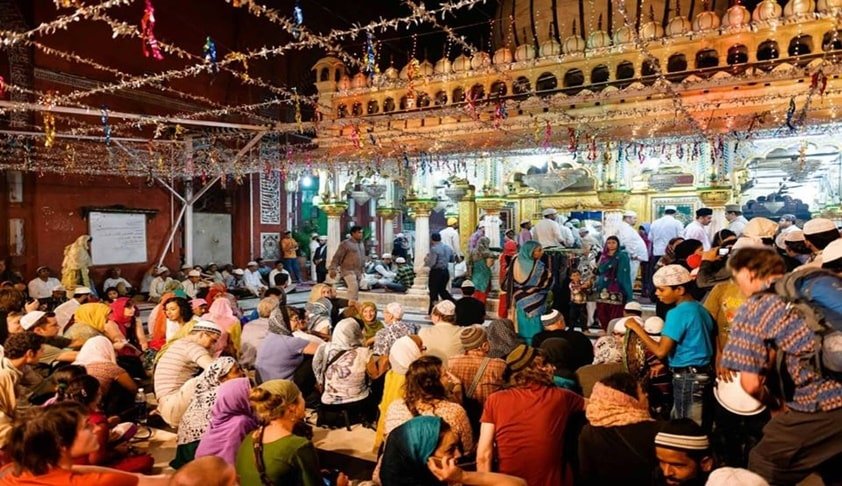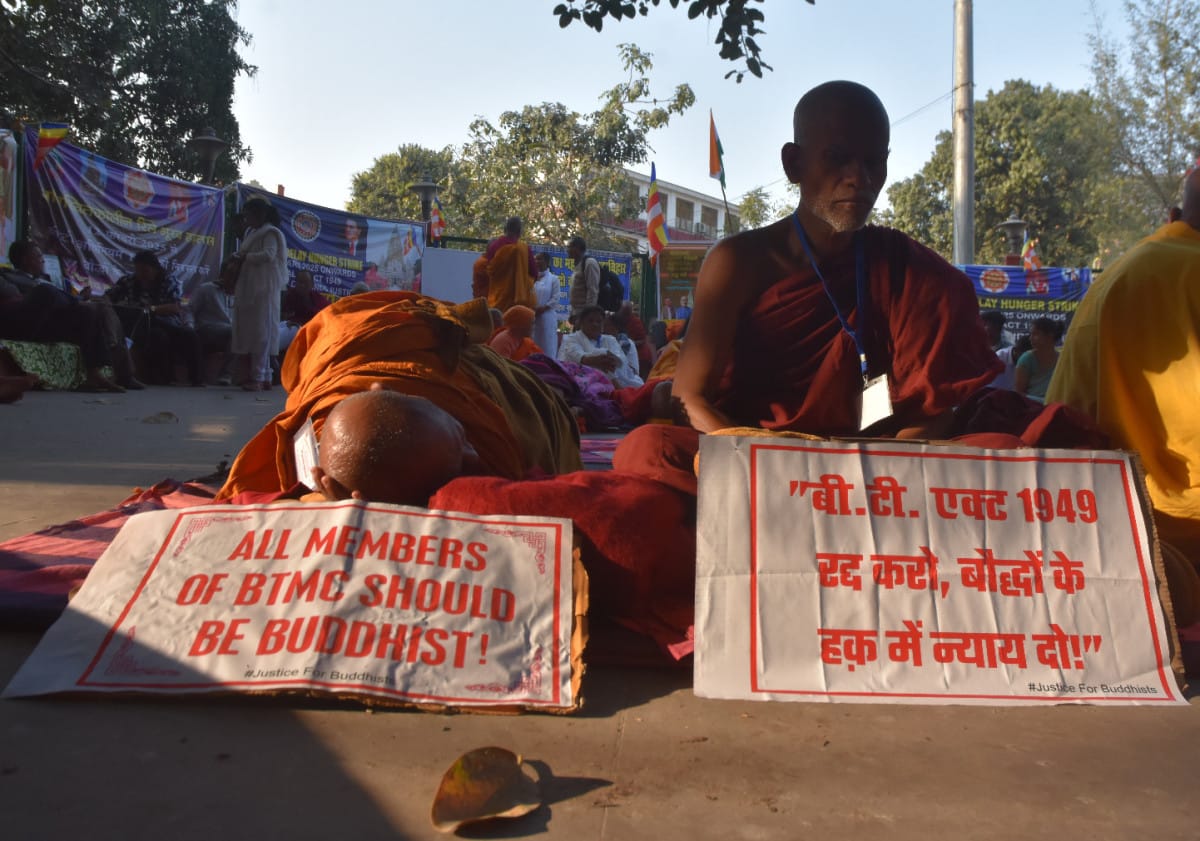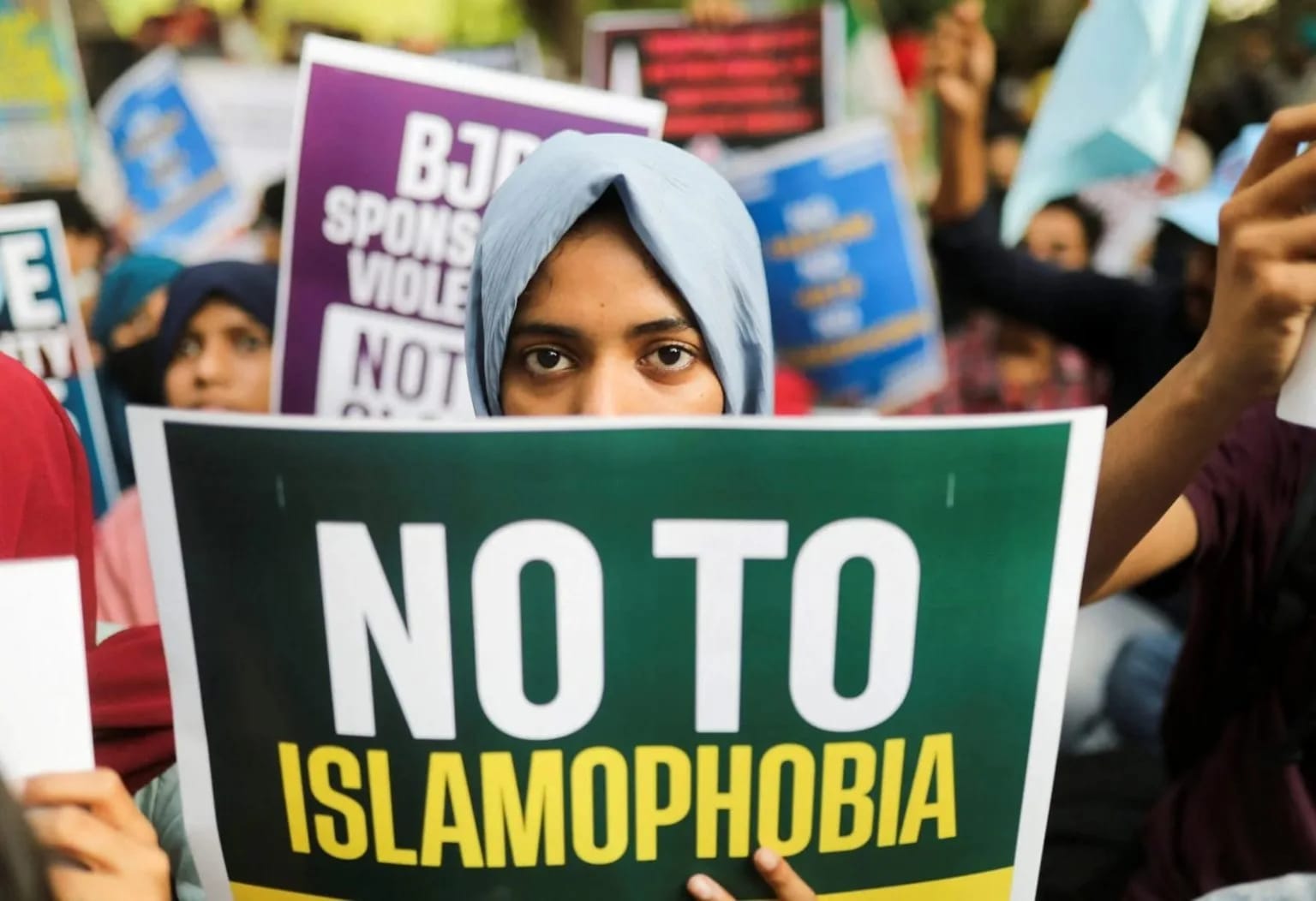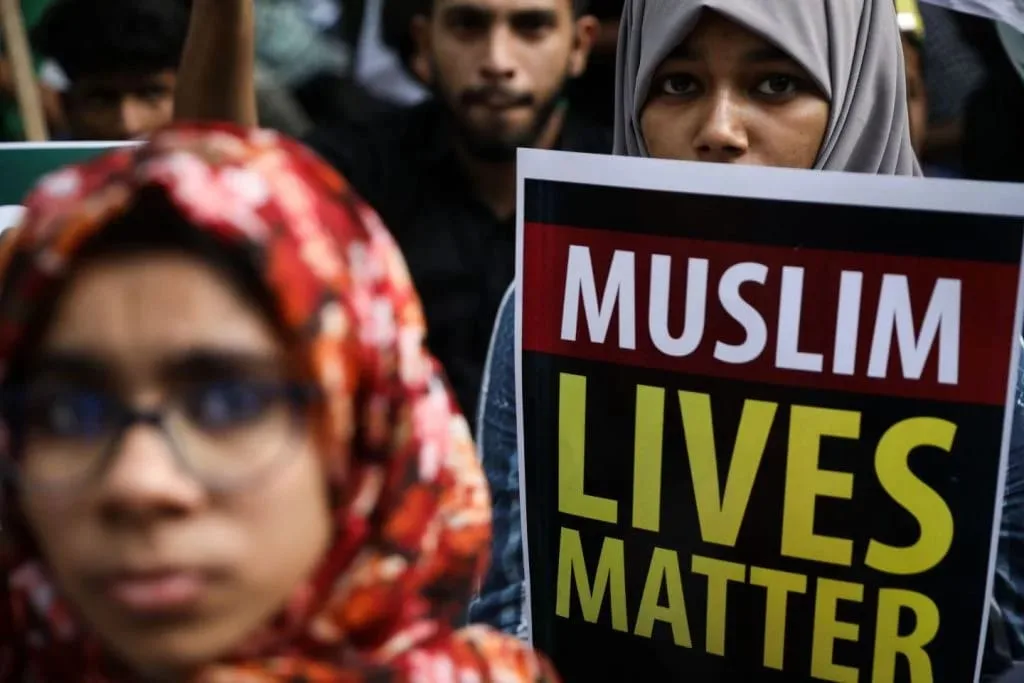For all of us who have watched Vir Das’ Losing It, agree on at least one point, when you click the selfie yourself, you are well aware of the different angles, which will make you look good, but when your friend does it, they know how to trash it out. Man is that friend to God. The patriarchal repositories of religion have been, for long, speaking on behalf of the God – most of the times, tarnishing the image of God.
Very recently, a PIL was filed in Delhi High Court against the notice outside the Nizamuddin Dargah, by a group of three female law students, stating clearly in English and in Hindi “Women are not allowed inside the shrine.” The court has refused to hear the matter until the Supreme Court hears the review petition in the Sabrimala Temple case.
The coram of the judges, deciding the PIL comprises of Justice Rajendra Menon, Chief Justice of the High Court and Justice VK Rao. It goes without saying men have been, for long, deciding injustice inflicted upon women, by them. In this piece, we shall try and analyse the arguments that are made in support of the claim.
Also read: The Sabarimala Controversy: Women And Their Right To Pray
“Women are prohibited to visit graveyards/ graves, in general, even the ones belonging to their loved ones. However, my parents always encouraged me to visit my grandparent’s graves and make a prayer. Prophet Muhammad’s wife Hazrat Ayesha Siddiqua” used to visit the grave of her brother Abd ar- Rahman. Also, Hazrat Fatima Zehra, the Prophet’s daughter, used to visit the grave of her uncle Hazrat Hamza regularly. I think Constitution, as a safeguard of the Fudamental Rights, needs to step in and redefine/ ratify the cultural mirages that have been built, based on patriarchal norms- sometimes for the sake of convenience, other times deliberately.” , says Arshiya Qasba Nabi, 5th year law student from Jindal Global Law School.
The women have been, more than often, been ousted for being second class believers and thus they do not deserve the right to pray, as men do. In the case of Nizamuddin Auliya Dargah, there has been a hesitation to allow women to enter the inner sanctum sanctorum, on various grounds. The defenders have been claiming the sanctity of the practice, as it is a 700 year old tradition.
Some traditions have been sexist, since the very inception. Self-immolation on the pyre of dead husband (Sati) was defended for so many years, so were the Devadasi system and the practice of polygamy, under the garb of tradition and religion. These practices were abhorrent, and could well be described as sinful. They were clearly undesirable and surely bad in theology. In the modern era of gender reforms and gender equality, such archaic and regressive customs should neither be accepted nor be allowed. It is high time, that a line is drawn between reasonable customs and outdated customs, that are nothing but ill practices.
Secondly, women have been denied entry, on account of the belief in the ability of dead men to see women naked, from their graves. Since Nizamuddin Dargah is built over the grave of a religious figure, the concern of the custodians to protect the women from appearing naked to the dead men. If one is to ask a rather uncomfortable question, how about not allowing men to the graves of females, as they would appear naked to the women, resting in graves.
All the prophecies of all the religions are male-centric. The only good thing coming out of them is clear signaling of sexism and patriarchal notions.
“No religious scripture bars women from visiting graves. Prophet Muhammad himself regularly visited the graveyard and recommended people to do it without any gender discrimination,” said Zeenat Shaukat Ali, professor of Islamic Studies at St Xavier’s College, Mumbai.
“The ban is very selective. The most revered Dargah- Ajmer Sharif allows the entry of women and so does the Dargah of Moinuddin Chisti. Those who claim that Sharia substantiates their superstition of men seeing naked women, when they are buried, it is then a question of importance that Sharia appears to mean different things at different dargahs,” said Sana Kalim, who is currently pursuing her MPhil in International Studies from Jamia Milia Islamia University.
She adds that the onus now lies on progressive, liberal Muslim intellectuals, scholars, lawyers, artists and activists within and outside secular democratic mass movements and political parties with broader agenda to join the struggle for long overdue reform.
Some of the people have also claimed constitutional immunity, under Article 26 of the Constitution to manage their own religious affairs. They further assert that faith cannot be subjected to the test of logic and reason. However, like any other right provided by our constitution, this right is also limited by ‘public order, morality and health’. This is a battle of religious freedom and faith v/s equality, which can only be tested on the grounds of constitutional morality and not on the grounds of subjective morality.
The practice might be a mere superstition or just an archaic belief. The only way to validate the practice is to check if it forms an essential and inviolable part of religion. The one, without which, the essential character of the religion would stand destroyed or its theology would be rendered irrelevant. Only those practices which are ‘integral to the faith’ can get exemption from State intervention.
“What constitutes the essential part of a religion is primarily to be ascertained with reference to the doctrines of that religion itself. Prophet Muhammad’s wife Hazrat Ayesha Siddiqua used to visit the grave of her brother Abd ar- Rahman. Also, Hazrat Fatima Zehra, the Prophet’s daughter, used to visit the grave of her uncle Hazrat Hamza regularly,” said Arshiya Qasba Nabi, 5th year law student from Jindal Global Law School.
Every tradition and every scripture needs to be restructured, irrespective of the religion that it prescribes to. All the prophecies of all the religions are male-centric. The only good thing coming out of them is clear signaling of sexism and patriarchal notions. Ironically, in India, men have been worshipping virgin deities, like Vaishno devi and the like, as half naked, for so long, as mother goddesses.
One can not escape the sight of men swamping during the evening aarti at Vaishno Devi or any other temple. Women are not allowed to perform ‘kirtan’ in the Golden Temple besides other other sewa (service), including giving shoulder to palki (palanquin) carrying Guru Granth Sahib. In the light of this, one has to understand that no immunity, allows anyone to infringe upon one’s constitutional rights, guaranteed by the Constitution; which in this case, flows out from Article 14 (right to equality) of the Constitution.
Besides, when the women have been allowed entry by the Bombay High Court, in the case of Haji Ali Dargah, it seems pointless to ask women to stop from stepping inside the inner sanctum of the Dargah and do the essential functions test again. The issue is not whether one believes or not, but the right of believing women to equality in the domain of religion. It is essentially a matter of right to equal access to sacred space.
The PIL is a challenge to male-supremacist interpretation of religious scriptures.
The third and the most brazen argument is that of a space constraint. It is only the males who can fit inside the inner sanctorum of the Dargah and thus women have been granted a larger area to offer prayers, which, not to mention is also a common area, while men stand close to the shrine.
The PIL is a challenge to male-supremacist interpretation of religious scriptures. It is a reminder that tradition and culture should only be tested against constitutional principles of justice and parity. A lot of Muslim women believe that there is a need to demolish the rationale offered by the religious orthodoxy. There’s a character of public place attached to the temple, any prohibition made by the authorities, on the ground of sex, is not differentiation but discrimination.
“From a feminist point of view, I do not agree with the seclusion of women from public or religious spaces. If a man has full access to something, so should women. With spaces of prayer like mosques and shrines it is understandable to have separate areas for men and women, but ban is like restricting her right to pray, which is totally unacceptable,” says Nikhat Hoque, studying MA Comparative Literature, SOAS University of London.
Also read: #MosqueMeToo: Muslim Women And The #MeToo Moment
It wouldn’t be wrong to say that religions are nothing but big corporations, being run by misogynist men, who have been trying to oppress women long enough. The scriptures, as they exist in theology, are being interpreted in the most discriminatory way possible. By looking at the current trend of struggle for woman’s emancipation, it would be safe to assume that the patriarchal hegemony surrounding religious scriptures and traditions, will some day, be a thing of past.
Featured Image Source: Live Law
About the author(s)
Racheeta Chawla is a law student aiming to build an inclusive society.




